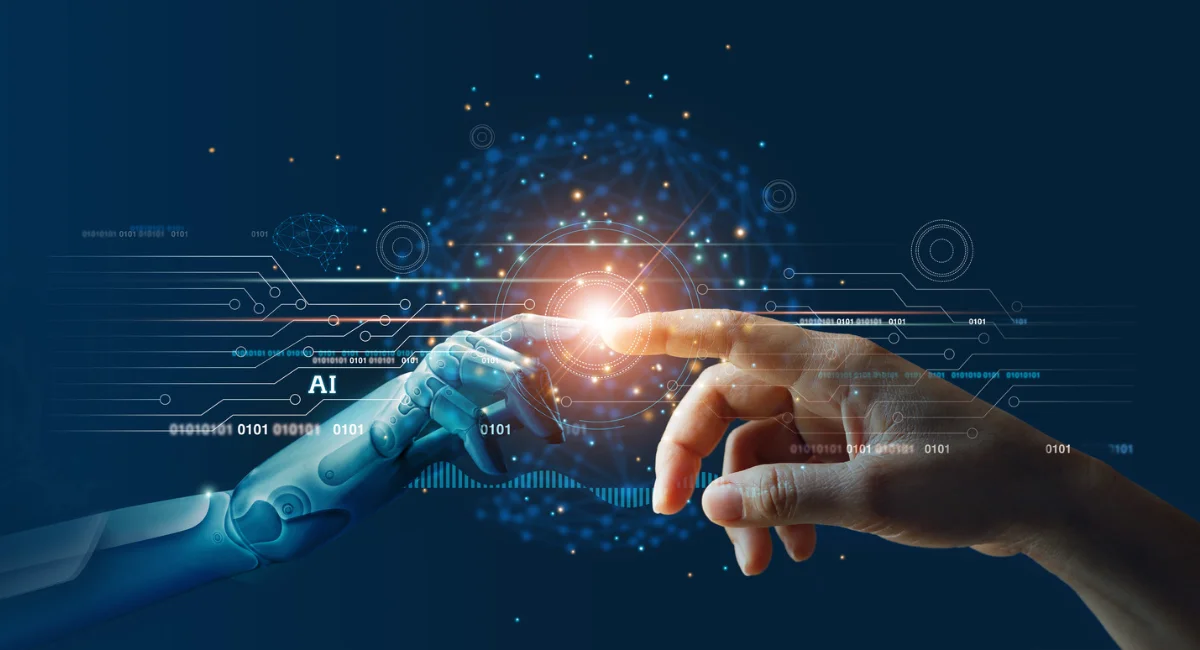Machine learning (ML), a subset of artificial intelligence (AI), has quietly woven itself into the fabric of our daily lives. From personalized recommendations to virtual assistants, ML is transforming how we interact with technology and the world around us. This blog explores how machine learning works and the various ways it enhances everyday experiences.
What is Machine Learning?
Machine learning is a type of AI that enables computers to learn from data and make predictions or decisions without explicit programming. By analyzing patterns and relationships in large datasets, ML algorithms improve over time, becoming more accurate and efficient.
Common types of machine learning include:
- Supervised Learning: Algorithms learn from labeled data to predict outcomes (e.g., spam detection).
- Unsupervised Learning: Algorithms uncover patterns in unlabeled data (e.g., customer segmentation).
- Reinforcement Learning: Algorithms learn through trial and error to achieve a specific goal (e.g., training robots).
How Machine Learning Impacts Everyday Life
1. Personalized Recommendations
Whether you’re browsing Netflix, shopping on Amazon, or scrolling through Spotify, ML powers the recommendations you see.
- Streaming Services: Algorithms analyze viewing history to suggest movies and shows tailored to your preferences.
- E-commerce: ML predicts products you might like based on your browsing and purchase behavior.
- Music Platforms: AI curates playlists, introducing you to songs aligned with your listening habits.
2. Virtual Assistants
Virtual assistants like Siri, Alexa, and Google Assistant rely on ML to understand voice commands and provide accurate responses.
- Natural Language Processing (NLP): Helps assistants comprehend and generate human-like text.
- Speech Recognition: Translates spoken language into actionable commands.
- Context Awareness: Improves responses by considering context, such as your location or past interactions.
3. Smart Home Devices
Machine learning powers many features in smart home devices, making daily tasks more convenient.
- Thermostats: Learn your temperature preferences and optimize energy usage.
- Lighting Systems: Adjust brightness and colors based on your habits and schedules.
- Security Cameras: Use ML to detect unusual activity and differentiate between humans, pets, and objects.
4. Healthcare Innovations
Machine learning plays a significant role in improving health outcomes.
- Fitness Trackers: Monitor activity levels, heart rate, and sleep patterns, offering insights for better health.
- Diagnostic Tools: Analyze medical images and patient data to identify diseases earlier.
- Telemedicine: Enhance virtual consultations by predicting patient needs and suggesting personalized treatments.
5. Navigation and Transportation
ML enhances how we travel by optimizing routes and improving safety.
- Navigation Apps: Apps like Google Maps use real-time data to predict traffic patterns and suggest the fastest routes.
- Ride-Sharing Services: Predict demand, match drivers with riders, and estimate arrival times using ML.
- Autonomous Vehicles: Self-driving cars rely on ML for object recognition, route planning, and decision-making.
6. Social Media
Social platforms leverage ML to create engaging and personalized user experiences.
- Content Feeds: Algorithms determine the order of posts, prioritizing content relevant to your interests.
- Friend Suggestions: Predict potential connections based on mutual friends and interests.
- Image Recognition: Tagging friends in photos is made possible through ML-powered facial recognition.
7. Financial Services
Machine learning is transforming banking and financial services.
- Fraud Detection: Identifies unusual transactions, preventing fraudulent activities.
- Personalized Advice: Robo-advisors analyze financial data to provide investment suggestions.
- Loan Approval: ML assesses creditworthiness faster and more accurately than traditional methods.
The Benefits of Machine Learning in Everyday Life
- Convenience: Automating repetitive tasks saves time and effort.
- Personalization: Tailored experiences enhance satisfaction and engagement.
- Efficiency: Optimized processes reduce costs and improve outcomes.
- Accuracy: Data-driven decisions minimize errors and improve reliability.
Challenges and Concerns
While ML offers immense benefits, it also comes with challenges:
- Data Privacy: Concerns about how personal data is collected and used.
- Bias in Algorithms: ML models can inherit biases from their training data.
- Job Displacement: Automation may affect certain jobs, necessitating workforce reskilling.
Conclusion
Machine learning is not just a technological innovation—it’s a transformative force shaping our daily lives. From enhancing convenience and personalization to driving advances in healthcare and transportation, ML continues to redefine how we interact with the world.
As ML becomes even more integrated into our routines, it’s essential to address its challenges responsibly, ensuring that its benefits are accessible to all while safeguarding privacy and ethics. The future of machine learning is bright, and its potential is limitless.


